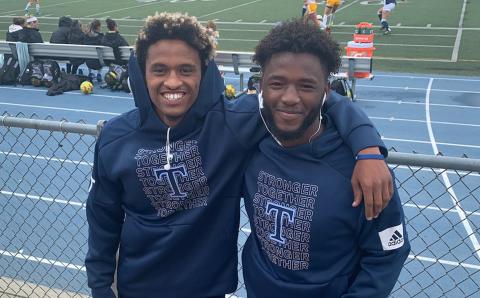How and when should the Council of Delegates send comments to an annual synod in response to matters on the synod agenda?
That was a question the Council wrestled with at its October 2019 meeting. (The Council acts on behalf of the Christian Reformed Church’s annual synod when it is not in session.)
Council president Paul DeVries noted that at the Council meeting in May 2019, there was a confusion “about what to say, how to say it, if we should even say anything. The issues were compounded by a lack of clarity around the process.” So the executive committee proposed a protocol to clarify the process.
Part of the backdrop to this is found in Synod 2018. The COD sent a comment to synod about overtures coming to that year’s synod. Instead of sending its comment to the entire synod, it sent it only to the synod advisory committee dealing with the overtures (requests to synod). Some synod watchers were indignant that a communication to synod was not publicly available the way most agenda materials are.
The Governance Handbook of the Council notes that the Council may provide comments on overtures and communications to synod that relate to ministry functions the Council is responsible for.
According to the protocol adopted by the Council at the October meeting, communications from the Council in response to items on the synod agenda will come via the Council’s publicly available supplement report, the document that comes out after the formal agenda is released.
For submissions too late for the supplement report, communications from any agency, ministry, or institution will be provided to the executive director who will judge the appropriateness of the communication and provide it to the officers of synod. The officers will decide whether it is presented only to the chair and reporter of the synod advisory committee or to all of synod.
Delegate Tyler Wagenmaker, Classis Zeeland, expressed hesitancy about using the right of comment. “If the (Council) gives an opinion, it allows synod to say ‘COD wrestled with this, we don’t have to.’ It almost excuses synod from doing that wrestling … Only in rare circumstances should the (Council) comment.”
Delegate Susan Hoekema, Classis Muskegon, disagreed. “I think it is important that (Council) raise its voice and contribute information and insight. ... The (Council) is capable of making decisions on when or when not to comment.”
The Council adopted the protocol and will inform Synod 2020 of the decision.
Editor's note: A change was made to this story Dec. 18, 2019 to correct the name of the classis represented by Susan Hoekema. We regret the original error.
About the Author
Gayla Postma retired as news editor for The Banner in 2020.







